As a healthcare professional, having a well-crafted resume that showcases your medical skills is crucial in securing your dream job. Employers look for candidates who not only have the necessary qualifications but also possess the right set of medical skills to excel in their roles.
In this article, we will discuss the essential medical skills for resume that every healthcare professional should possess. We will also provide tips on how to highlight these skills in your resume to catch the attention of prospective employers.

One of the crucial medical skills for resume is patient assessment, which involves evaluating a patient's physical and mental health status. This includes taking a thorough medical history, performing a physical examination, and documenting findings accurately. Being able to identify potential health risks and providing appropriate interventions is essential in delivering quality patient care.
Monitoring vital signs, such as blood pressure, pulse, and temperature, is another important clinical skill for healthcare professionals. The ability to recognize and respond to abnormal readings can prevent medical emergencies and ensure prompt interventions.
Administering medications safely and accurately is a vital clinical skill that requires attention to detail and adherence to the prescribed dosage and frequency. Healthcare professionals must also monitor patients for any adverse reactions to medications and provide education on proper medication usage.
Proper wound care management is critical in preventing infections and promoting healing. Healthcare professionals must have the necessary knowledge and skills to assess the severity of a wound, select appropriate dressings and topical agents, and monitor for any signs of complications.
Operating and maintaining medical equipment, such as ventilators, monitors, and infusion pumps, is an essential technical skill that healthcare professionals must possess. They should also be familiar with the safety protocols and troubleshooting procedures for these devices.
Electronic health records (EHRs) are used to document patient information, manage appointments, and facilitate communication between healthcare providers. Healthcare professionals must have proficiency in using EHRs and maintaining patient confidentiality.
Interpreting imaging and diagnostic tests, such as X-rays, CT scans, and blood tests, is an important technical skill for healthcare professionals. They should be able to recognize normal and abnormal findings and communicate them effectively to other healthcare team members.
Performing laboratory procedures, such as blood draws and urine analysis, requires accuracy and attention to detail. Healthcare professionals must follow standard procedures for specimen collection and handling and ensure that test results are reported accurately and promptly.
Effective patient education and counseling are critical in promoting healthy behaviors and improving treatment outcomes. Healthcare professionals must have the ability to explain medical information in a clear and concise manner and address any questions or concerns that patients
Healthcare professionals must work collaboratively with other healthcare team members, including physicians, nurses, and allied health professionals. Effective communication and teamwork skills are essential to provide coordinated and comprehensive care to patients.
Clear and effective communication skills are essential in healthcare settings. Healthcare professionals must be able to communicate with patients, families, and other healthcare team members using appropriate language and terminology.
Active listening skills involve paying attention to the speaker, asking clarifying questions, and providing feedback. Healthcare professionals must be able to listen actively to their patients' concerns and needs to provide appropriate care.
Scheduling patient appointments requires organizational and time management skills. Healthcare professionals must be able to prioritize tasks and manage their schedules efficiently to ensure timely delivery of care.
Understanding insurance coverage and billing processes is an essential administrative skill for healthcare professionals. They must be able to verify patient insurance information, submit claims, and communicate effectively with insurance companies.
Analyzing health data, such as patient outcomes and quality measures, is an important administrative skill for healthcare professionals. They must be able to use data to improve patient care and identify areas for quality improvement.
Compliance with healthcare regulations, such as HIPAA and OSHA, is crucial in maintaining patient confidentiality and safety. Healthcare professionals must have a thorough understanding of these regulations and ensure that they are followed in their daily practice.
FAQs:
Q: What medical skills should I highlight in my resume?
A: You should highlight clinical skills, technical skills, communication skills, administrative skills, and compliance with healthcare regulations in your resume.
Q: How can I improve my medical skills?
A: You can improve your medical skills by attending training programs, participating in continuing education courses, and seeking mentorship from experienced healthcare professionals.
Q: Do I need to have all the medical skills mentioned in this article to be a successful healthcare professional?
A: No, different healthcare roles require different skill sets. However, possessing a combination of these medical skills can make you a well-rounded healthcare professional.
